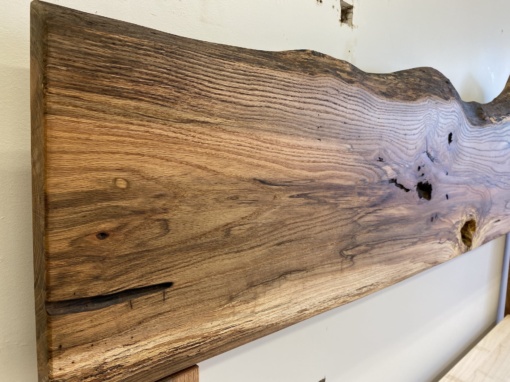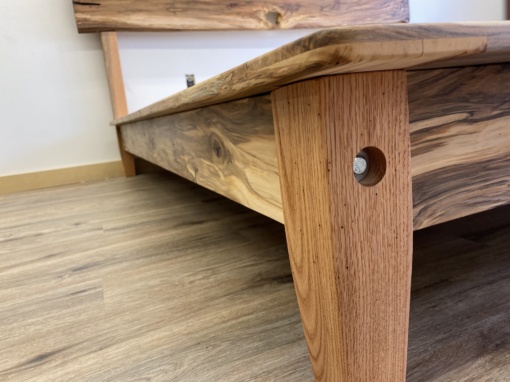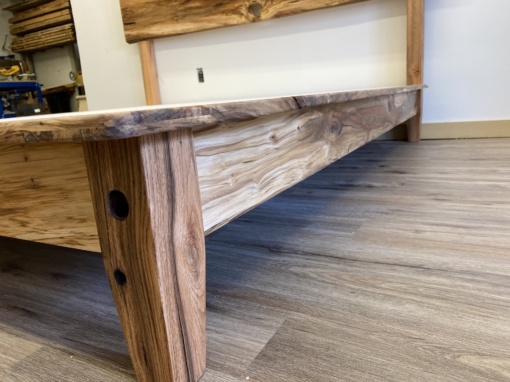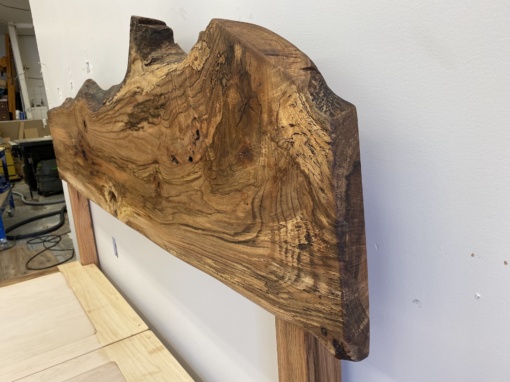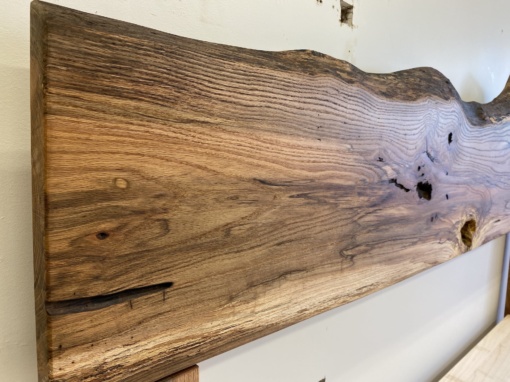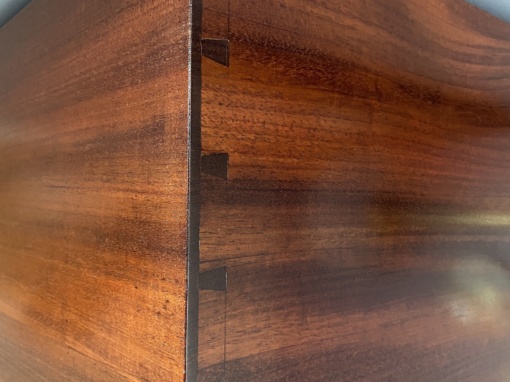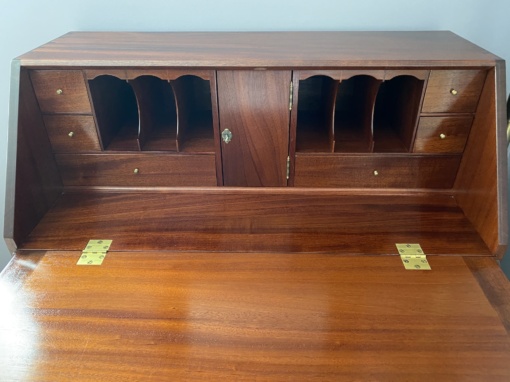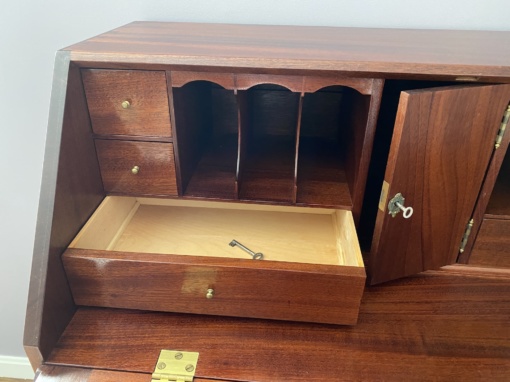Unless you have a buyer’s agent, remember that the agent works for the seller. Make a point of asking him or her to keep your discussions and information confidential. Listen to your real estate agent’s advice, but follow your own instincts on deciding a fair price. Calculating your offer should involve several factors: what homes sell for in the area, the home’s condition, how long it’s been on the market, financing terms, and the seller’s situation. By the time you’re ready to make an offer, you should have a good idea of what the home is worth and what you can afford. And, be prepared for give-and-take negotiation, which is very common when buying a home. The buyer and seller may often go back and forth until they can agree on a price.
Home Buying
Final Walk-Through
This will likely be the first opportunity to examine the house without furniture, giving you a clear view of everything. Check the walls and ceilings carefully, as well as any work the seller agreed to do in response to the inspection. Any problems discovered previously that you find uncorrected should be brought up prior to closing. It is the seller’s responsibility to fix them.
Buying Plans
Have a time frame in mind when you buy a home, and let it guide your purchase. If you plan to start (or expand) a family in the near future, a studio is not a good idea. If you want a home in which you can age in place, or want to preserve that option, consider a ranch-style dwelling on one level, rather than a multilevel dwelling with stairs.
Selecting a Realtor
Start by asking family and friends if they can recommend an agent. Compile a list of several agents and talk to each before choosing one. Look for an agent who listens well and understands your needs, and whose judgment you trust. The ideal agent knows the local area well and has resources and contacts to help you in your search. Overall, you want to choose an agent that makes you feel comfortable and can provide all the knowledge and services you need.
Down Payment
There are mortgage options now available that only require a down payment of 5% or less of the purchase price. But the larger the down payment, the less you have to borrow, and the more equity you’ll have. Mortgages with less than a 20% down payment generally require a mortgage insurance policy to secure the loan. When considering the size of your down payment, consider that you’ll also need money for closing costs, moving expenses, and possibly repairs and decorating.
203(b) Loan
This is the most commonly used FHA program. It offers a low down payment, flexible qualifying guidelines, limited lender’s fees, and a maximum loan amount.
Contingency Clauses
Contingency clauses should satisfy the concerns of both the buyer and seller. Buyers also can protect themselves by inserting additional necessary contingencies. Indicate which items like curtains and appliances are to remain with the house. Then stipulate you have the right to personally inspect the home 24 hours before closing to make sure all is in order.
House Viewing Questions
Many of your questions should focus on potential problems and maintenance issues. Does anything need to be replaced? What things require ongoing maintenance (e.g., paint, roof, HVAC, appliances, carpet)? Also ask about the house and neighborhood, focusing on quality of life issues. Be sure the seller’s or real estate agent’s answers are clear and complete. Ask questions until you understand all of the information they’ve given. Making a list of questions ahead of time will help you organize your thoughts and arrange all of the information you receive.
Credit Bureau Scores
A credit bureau score is a number, based upon your credit history that represents the possibility that you will be unable to repay a loan. Lenders use it to determine your ability to qualify for a mortgage loan. The better the score, the better your chances are of getting a loan. Ask your lender for details.
School Value
When looking for a house, be sure to check out the local schools, even if you don’t have school-age children. Research has shown that properties near good schools appreciate faster in strong markets and hold their values better during weak markets.

